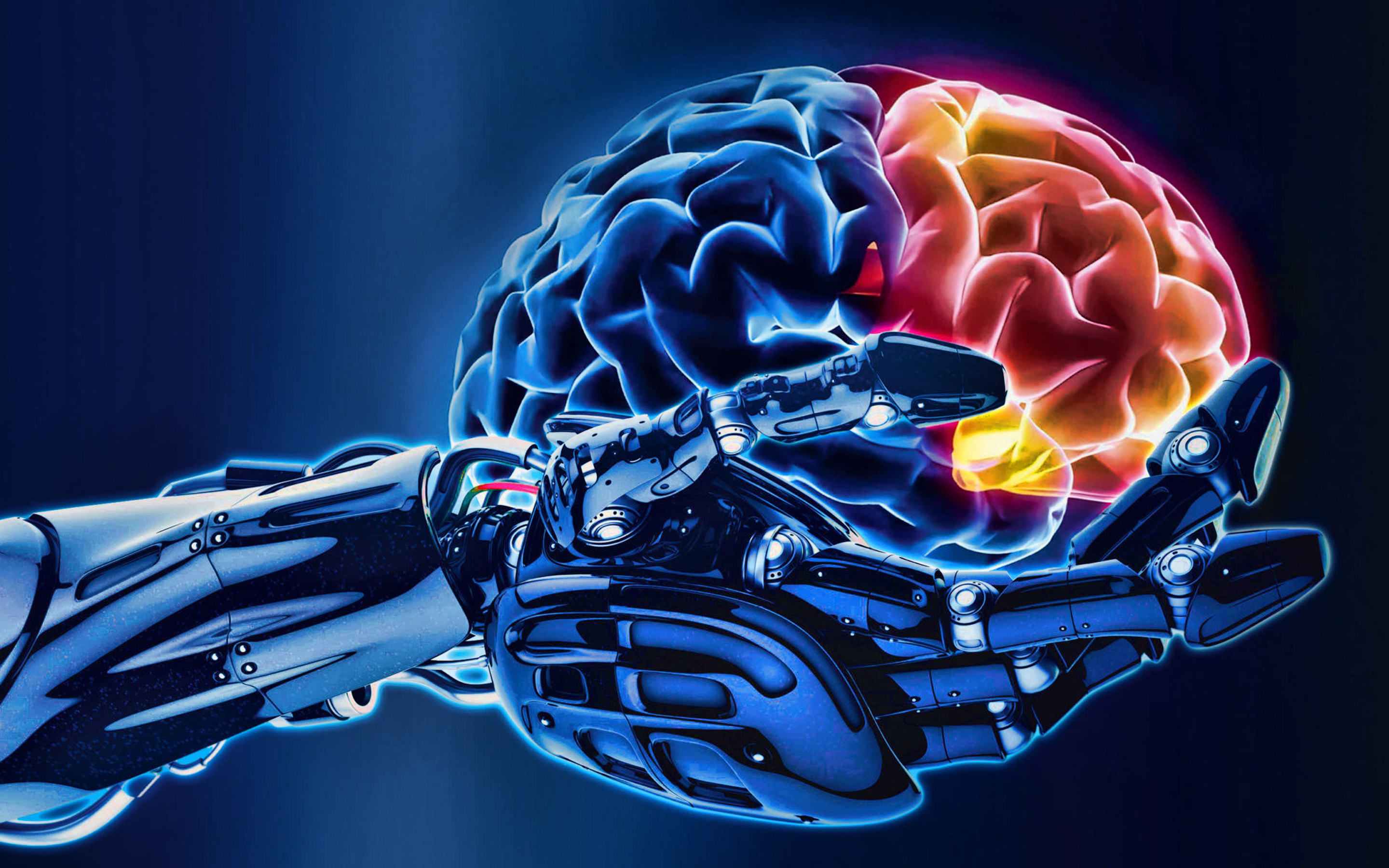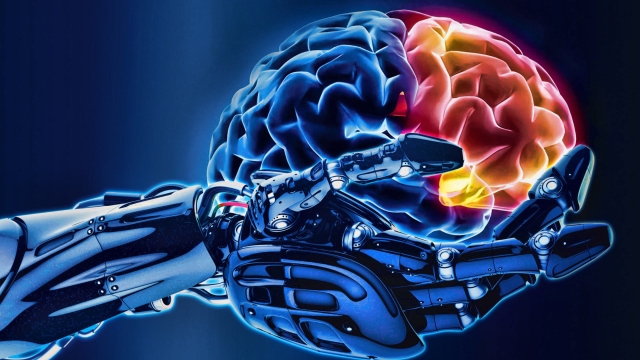
In a world rapidly evolving and embracing unprecedented technological advancements, one concept stands out above the rest – artificial intelligence. This revolutionary field of computer science has captured the imagination of innovators, scientists, and dreamers alike, offering a glimpse into a future where machines hold the power to think, learn, and adapt on their own. Artificial intelligence, often abbreviated as AI, has already made significant contributions across various industries, from healthcare to finance, transportation to entertainment. Its potential seems boundless, with promises of enhancing efficiency, improving decision-making processes, and even reshaping the very fabric of society.
Applications of AI
AI technology has permeated various industries, revolutionizing the way tasks are completed and decisions are made. In healthcare, AI is being employed to enhance diagnostics, treatment planning, and personalized medicine. The ability of AI systems to analyze vast amounts of medical data quickly and accurately holds the promise of increased patient outcomes and reduced healthcare costs.
Another pivotal application of artificial intelligence is in the realm of autonomous vehicles. By leveraging advanced AI algorithms, self-driving cars can perceive their environment, make split-second decisions, and navigate through complex road systems. This innovation not only has the potential to transform transportation but also contribute significantly to road safety by minimizing human errors.
Furthermore, AI is playing a crucial role in the financial sector, particularly in fraud detection, algorithmic trading, and risk management. Through sophisticated machine learning models, financial institutions can detect anomalies in transaction patterns, make swift trade decisions based on market conditions, and mitigate risks effectively. The integration of AI has led to improved security measures and more efficient financial operations.
Challenges in AI Development
Developing artificial intelligence systems comes with its own set of challenges. One of the primary hurdles is ensuring the ethics and transparency of AI algorithms. Bias in data sets can lead to discriminatory outcomes, highlighting the need for thorough evaluation and mitigation strategies.
Another significant challenge is the interpretability of AI decisions. As AI systems become more complex, understanding how and why they reach certain conclusions is crucial. Researchers are actively working on developing techniques to increase the transparency and explainability of AI models.
Furthermore, the scalability of AI systems poses a challenge, especially in terms of computing resources and data processing capabilities. As AI applications expand to encompass more intricate tasks, the demand for advanced infrastructure and efficient algorithms grows, requiring continuous innovation in the field.
Ethical Considerations in AI
As we delve deeper into the realm of artificial intelligence, ethical concerns become paramount. The decisions made by AI systems can have profound impacts on individuals, societies, and the environment. It is imperative that we ensure these systems are developed and used in a responsible manner, with ethical considerations at the forefront.
Artificial Intelligence Search
One key ethical consideration in AI is the issue of bias. AI algorithms can inadvertently perpetuate and even amplify biases present in the data they are trained on. This can lead to discriminatory outcomes, reinforcing existing inequalities. Addressing bias in AI requires a concerted effort to source diverse datasets, carefully design algorithms, and implement transparency measures to mitigate bias.
Another ethical dilemma in the realm of AI is the question of accountability. As AI systems become more autonomous and make decisions that impact human lives, it becomes crucial to establish clear lines of responsibility. Who should be held accountable when an AI system makes a harmful or erroneous decision? This question raises complex legal and ethical considerations that require careful deliberation and regulatory frameworks.



